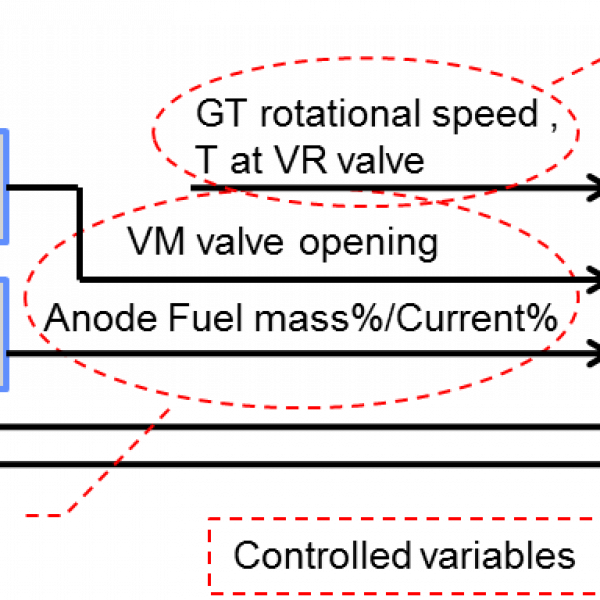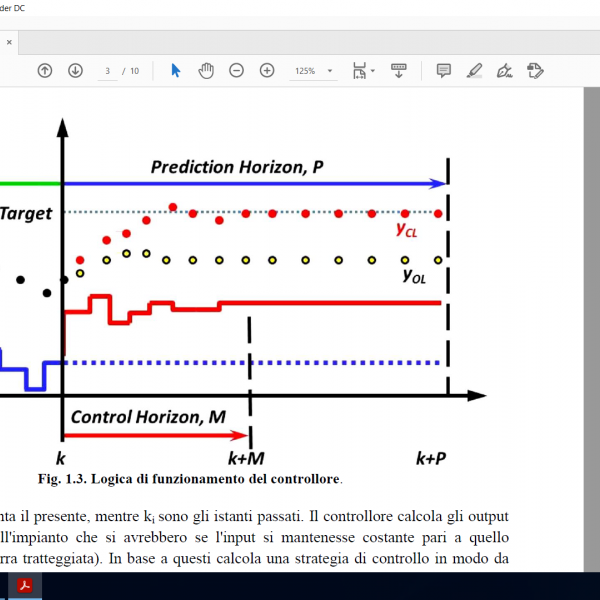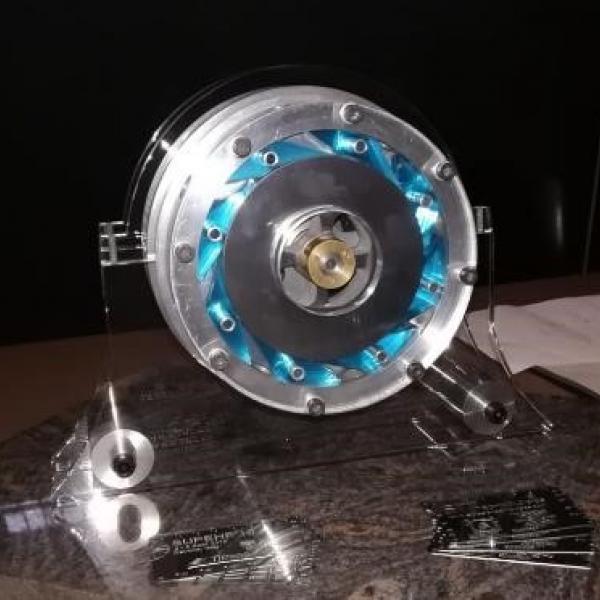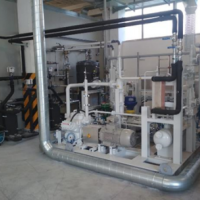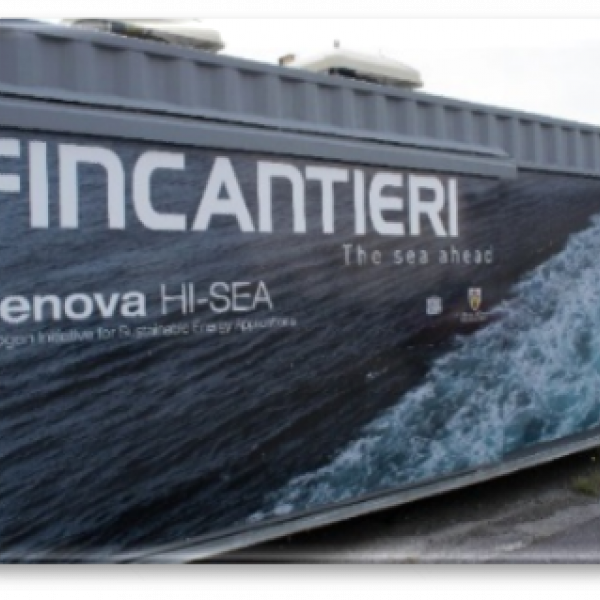The dynamics and control of machines and energy systems focuses on two main aspects: (i) the ability to understand the main physical phenomena that characterize the transients of energy systems, with the ability to give them a mathematical representation and therefore to predict their behavior , and (ii) the ability to design controllers that stabilize the physical system, optimizing its dynamic response to varying ambient conditions and external disturbances.
The educational path, starting from basic notions, leads to cope with the applications to machines and energy systems, with particular reference to the current energy system, characterized by high fluctuations in production from renewable sources that require prompt response and operational flexibility from programmable generators (e.g. gas turbines, combined cycles, steam plants).
The topics covered are: Introduction to the study of servo-commands, mathematical study of dynamic systems, linear dynamic models and linearization, digital systems, classic PID control, dynamic models of energy systems and related main components, control of gas turbines, control of plants and of combined cycles, outline of innovative control systems for optimizing performance and suppressing operational instability (eg compressor surge).
Laboratories
- Thermochemical Power Group and Rolls-Royce UTC laboratory
- Innovative Energy Systems Lab
- Laboratorio cicli chiusi innovativi
